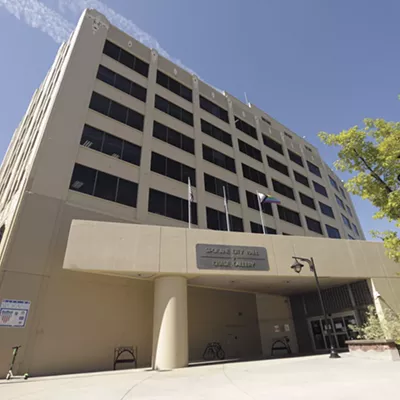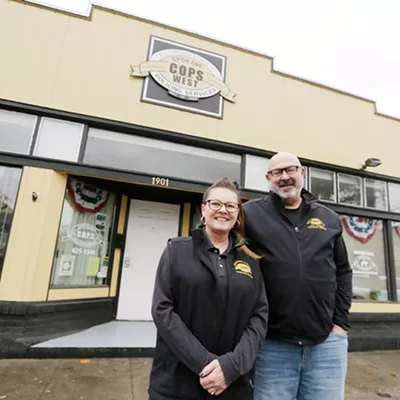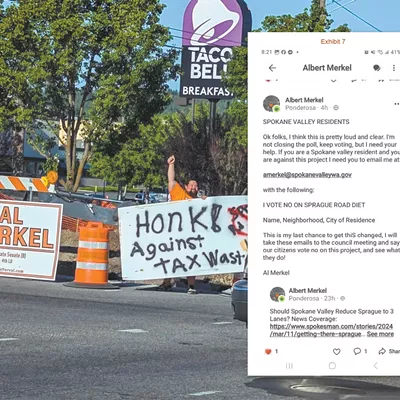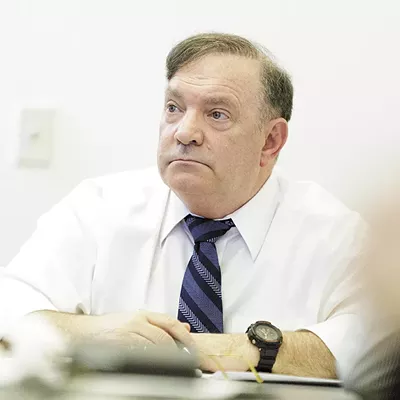Officially, the Spokane city charter doesn't specify whether the job of a City Council member is a part-time or a full-time job. But over the last decade, as the council has become more ambitious about developing policies and scrutinizing mayoral actions, the time council members say they spend working has increased significantly.
But back in 2014, when then-City Councilmen Steve Salvatori and Mike Allen proposed putting an advisory question on the ballot to ask voters if they think council members should be full-time or part-time. The other council members scoffed at the idea.
"I don't have any interest in making this a full-time job and making this a full-time position," Councilwoman Candace Mumm said. "We ran to be part-time."
But after a little more time, Mumm's views changed, she told the Inlander in 2016, believing it was already a full-time job.
And on Monday, the Spokane City Council Rules of Procedure made it a bit more official, clarifying that "a time commitment of approximately 30-50 hours per week is normally required to adequately fulfill the role of City Council member."
In a statement, Mayor David Condon objected, accusing the council of burying the job description in a routine update of council procedures without a public vote.
"I am concerned that this change could limit the number of potential candidates for City Council and lead to higher costs for citizens," Condon wrote.
In particular, city spokeswoman Marlene Feist confirms, Condon believes that "it could be used to justify higher council salaries during the next Salary Review Commission process."
Indeed, Salary Review Commission board member Christopher Savage says, the board heavily takes into account the hours council members work to determine their salaries. But Savage doubts the new language will be the thing that triggers further raises — the commission already assumed in 2018 that the council members were working at least 40-hour weeks.
Council President-elect Breean Beggs, meanwhile, says that the added language isn't a roundabout way to hike council salaries. He says it's more about letting council candidates know how time-consuming the job actually is.
"It's not changing anything," Beggs says, "it's recognizing what the current reality is." ♦


























